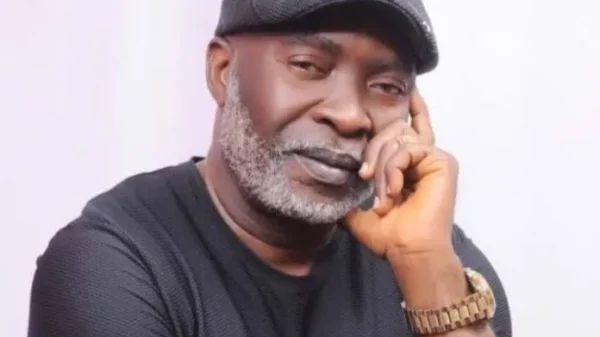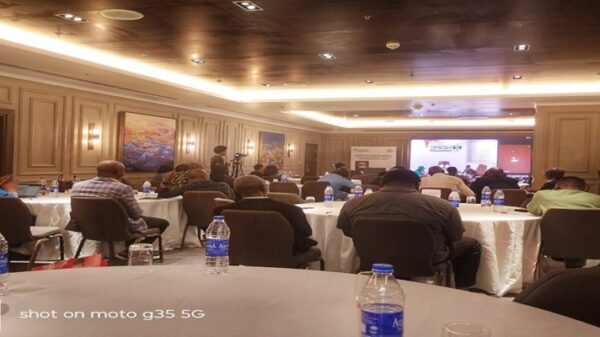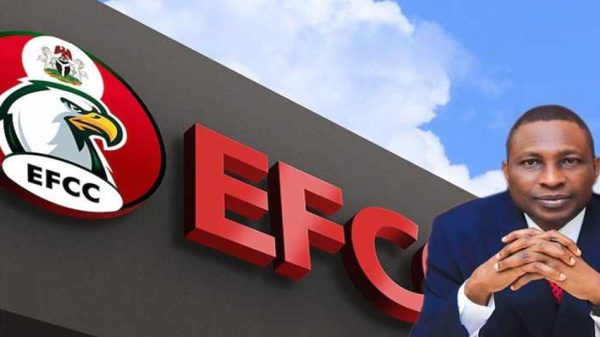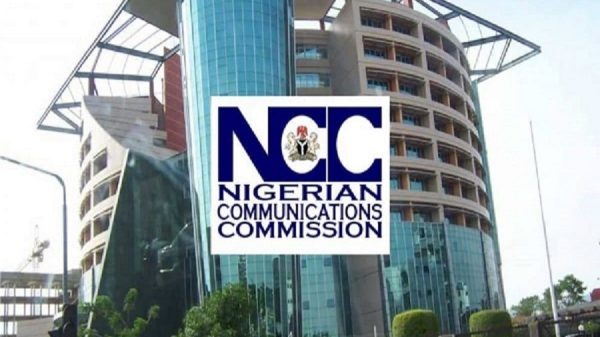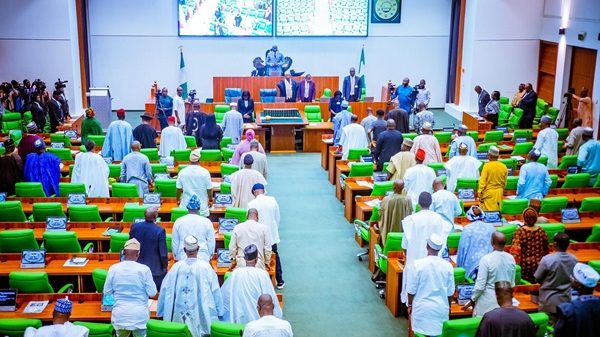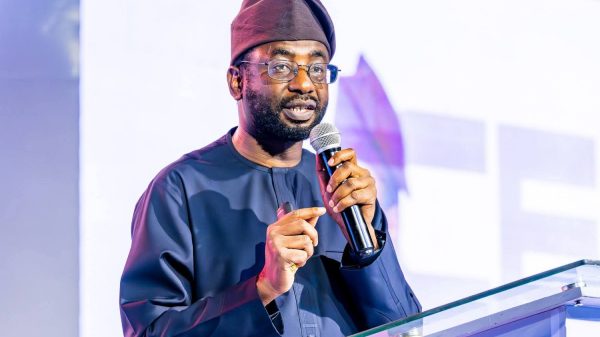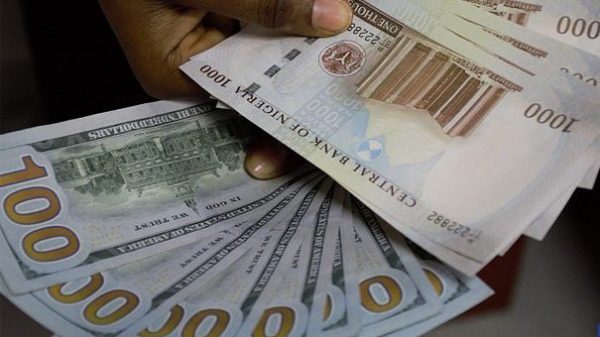House of Representatives, Wednesday, alleged that 71 million Nigerians still operate their banks’ accounts without identification.
The House has therefore, set up an ad hoc committee, headed by Unyime Idem (PDP, Akwa Ibom), to investigate infractions by the Central Bank of Nigeria (CBN).
The resolution followed the consideration of a motion presented by Dachung Bagos from Plateau State at the plenary.
In his motion, Bagos noted about 45.85 million bank accounts were yet to be linked after the introduction of the Bank Verification Number (BVN) by CBN in 2014.
He said: “About seven years after the introduction of the BVN into Nigeria banking system, about 45.85 million bank accounts across Nigeria are yet to be linked to BVNs.
“Data released by the Nigerian Inter–Bank Settlement Systems (NIBSS) on June 23, 2021, disclosed that the total number of bank accounts in Nigeria as of May 2019 is pegged at 122.071 million.
“But the active accounts as of May, 2020 stood at 72.936 million.
“The commercial banks in Nigeria have adamantly disobeyed and continue to hold on to the monies out of failed transactions more than necessary, against the directives of the Central Bank of Nigeria and to the detriment of Nigerians.
“Despite the introduction by the Central Bank of Nigeria (CBN) of the Bank Verification Number (BVN) to curb the menace in the financial sectors, about 71 million customers still use their accounts without the compulsory identification, per data from the Nigerian Inter-Bank Settlement Systems (NIBSS).
“The lack of legal regulatory framework and political will to deal with the unclaimed assets, especially funds abandoned and trapped in commercial banks, will continue to put Nigeria behind so many countries in the world that have developed the legal framework to deal with these assets.
The lawmaker said that CBN failed in its responsibilities.
“Although the Central Bank of Nigeria has the statutory responsibility of regulating commercial banks, they have failed in their responsibilities to carry out the necessary oversight.
“The Central Bank of Nigeria has not been transparent in the implementation of its intervention programmes and projects
“CBN has also shown an almost zero level of accountability and transparency before the National Assembly in respect of funds generated both locally and internationally,” Bagos added.
![]()


